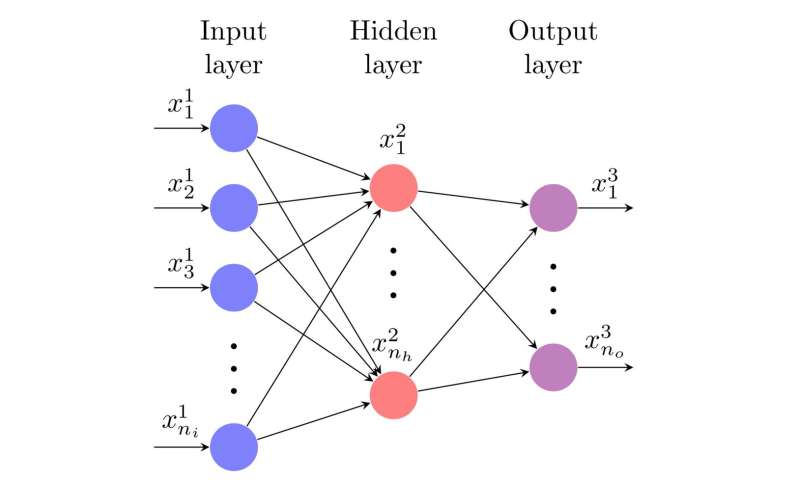Alchemite: A deep-learning tool to optimize industrial lubricants

Lubricants are an essential component in industry and are widely used. They can protect surfaces from wear, reduce friction, transfer heat, and ensure the smooth functioning of mechanical devices.
Given that lubricants are predominantly mixtures of alkanes, it is unclear whether contemporary lubricant formulations are optimal. Predicting the physical properties of alkanes and understanding the relationship between lubricant performance and alkane structure would facilitate the development of computationally derived optimal base oils.
One of my recent studies at the University of Cambridge showed that a unique deep-learning algorithm (Alchemite) can accurately predict physical properties of alkanes and outperform several physico-chemical/thermodynamic methods.
The study, published in Fluid Phase Equilibria, implemented artificial neural networks that exploit property-property correlations to predict physical properties of alkanes.
The deep-learning algorithm inputs the molecular structure of alkanes to predict the boiling point, heat capacity and vapor pressure as a function of temperature.
The results reproduced by this algorithm are significantly more accurate and consistent than those reproduced by other methods.
By combining sparse experimental data with molecular dynamics simulations to predict physical properties of alkanes, the algorithm can identify and speed up the identification of alkanes to be used for lubricant base oils with superior physical properties.
Tthe deep-learning tool we developed, Alchemite, is not only capable of predicting physical properties of alkanes, but accurately estimates intractable properties like density and shear viscosity.
Alchemite could enable industries specialized in material formulations to substantially optimize their processes and yield better and faster results.
Our study serves as a solid platform from which to further investigate physical properties of alkanes. This generic neural network architecture merges sparse experimental data with molecular dynamics simulations to predict physical properties of alkanes, particularly intractable properties like shear viscosity and density, enabling us to identify the alkanes that could be components for lubricant base oils with superior physical properties.
In summary, our results show that machine learning is a very efficient approach when trying to predict the physical properties of alkanes, or any other structure, for that matter. This approach has been applied to other industries and fields, including drug discovery, aerospace, automotive, chemistry, and batteries.
Machine learning has the potential to accelerate R&D processes through guided experimentation for the discovery and optimization of new materials, thereby reducing costs and shortening the time to market.
This story is part of Science X Dialog, where researchers can report findings from their published research articles. Visit this page for information about ScienceX Dialog and how to participate.
More information:
Pavao Santak et al. Predicting physical properties of alkanes with neural networks, Fluid Phase Equilibria (2019). DOI: 10.1016/j.fluid.2019.112259
Bio:
Gareth has a track record of applying AI to solve real-world problems, with research contracts held with companies spanning materials science, drug discovery and healthcare. Gareth is a Royal Society Research Fellow and holds an academic position at the University of Cambridge; he is a Fellow of Gonville & Caius College. In 2017 he co-founded Intellegens to commercialise a new technique analysing sparsely populated matrices using neural networks and novel deep learning algorithms. Intellegens first commercial product, Alchemite, has been deployed in computational drug discovery applications, materials design and healthcare projects. Intellegens is now developing a series of application specific AI modules designed to address specific, high value, data analysis bottlenecks.